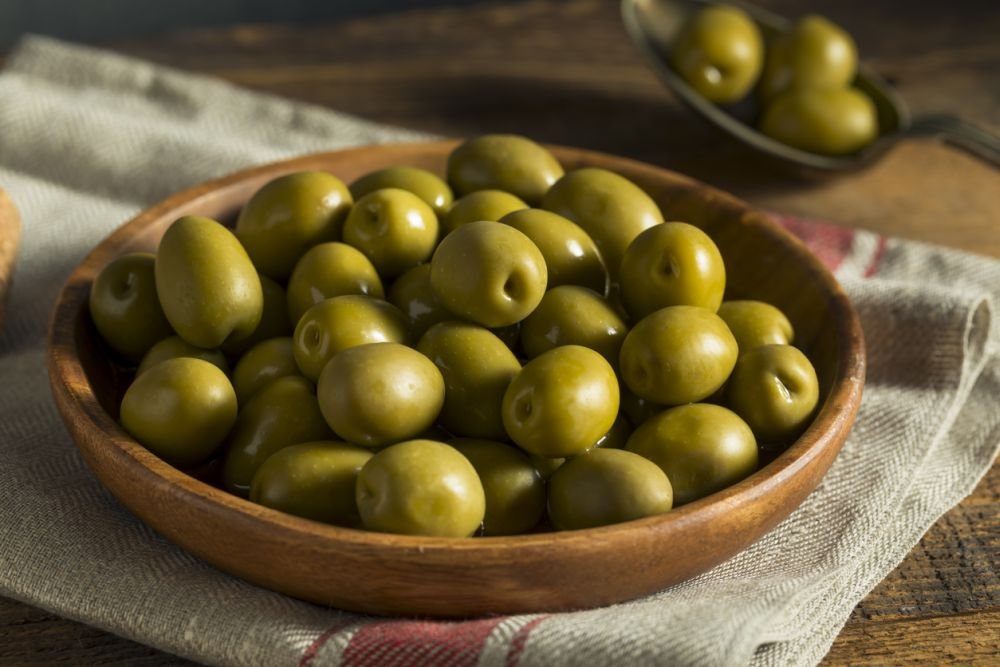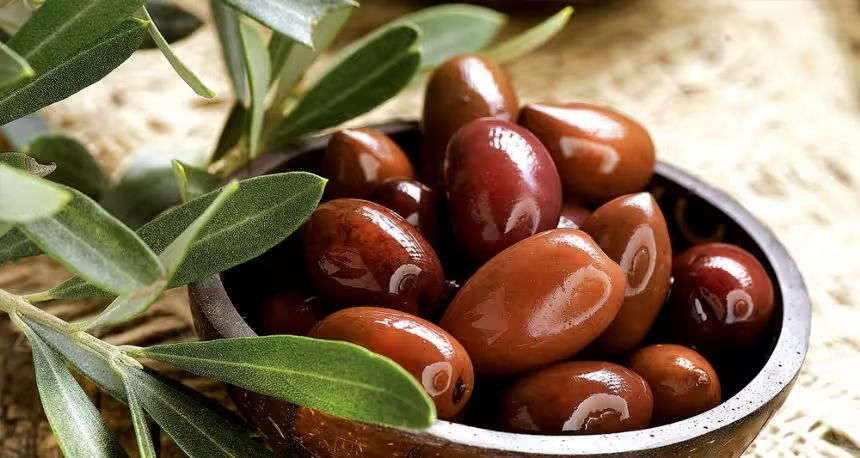
Organic vs Conventional Olives: Which Is Better?
🫒 Introduction: The Olive Dilemma
Olives are a core part of the Mediterranean diet — but as more consumers prioritize natural and eco-friendly food, the debate between organic vs conventional olives continues to grow.
So what’s the real difference? Are organic olives worth the price? Or are conventional olives just as good?
Let’s break it down by farming practices, flavor, health, and value — so you can make the best choice for your taste and lifestyle.
🌱 1. Farming Methods

Organic Olives
- Grown without synthetic pesticides, herbicides, or chemical fertilizers
- Use natural compost, crop rotation, and biological pest control
- Often harvested by hand and processed minimally
Conventional Olives
- May use chemical sprays or fertilizers
- Higher crop yields, but greater environmental impact
- Often processed with preservatives or faster-curing methods
✅ Winner: Organic – for sustainability, soil health, and clean farming
👅 2. Taste & Texture
Organic olives tend to have:
- A cleaner, more natural flavor
- Less bitterness (due to natural brining methods)
- Softer texture from small-batch curing
Conventional olives may:
- Taste saltier or more acidic
- Be firmer, due to preservatives or additives
- Have a longer shelf life
✅ Winner: Depends on preference — organic is more subtle, conventional is punchier
💚 3. Nutrition & Health
- Organic olives often contain higher polyphenol and antioxidant levels due to lower chemical interference
- Conventional olives may contain trace pesticide residues (within legal limits)
Scientific studies show organic produce may have up to 20–40% more antioxidants in some cases — but both olives remain a healthy source of:
- Monounsaturated fats
- Vitamin E
- Fiber
- Oleuropein (an anti-inflammatory compound)
✅ Winner: Slight edge to organic for antioxidant density and purity
🌍 4. Environmental Impact
Organic olive farming is designed to:
- Support biodiversity
- Protect groundwater and soil health
- Reduce carbon footprint
- Encourage small-scale, regenerative agriculture
Conventional farming may:
- Rely on fossil-fuel fertilizers
- Use more water
- Cause erosion or biodiversity loss if not managed well
✅ Winner: Organic — by a wide margin for sustainability
💶 5. Price & Value
- Organic olives often cost 10–30% more
- But you’re paying for:
- Cleaner ingredients
- Sustainable farming
- Often better taste
For bulk or casual use, conventional olives may be more affordable — but for health-conscious shoppers, organic is often worth the upgrade.
✅ Winner: Depends on budget and values
🛒 Where to Buy Organic Olives from Greece
- Sparta Gold Organic Kalamata
- Crete Olive Estate – Organic Green Olives
- Aegean Market Organic Selection
- View All Organic Listings
❓ FAQ: Organic vs Conventional Olives
Are all organic olives from Greece certified?
Yes — look for EU Organic Certification logo or a “BIO” mark on the label.
Do organic olives last as long?
They may have a slightly shorter shelf life if no preservatives are used. Always refrigerate after opening.
Is brine used in organic olives?
Yes, but usually with clean sea salt, no added vinegar unless labeled.
✅ Final Thoughts: Which Should You Choose?
| If You Want… | Go For… |
|---|---|
| Clean farming & eco-values | ✅ Organic |
| Stronger salt/brine flavor | ✅ Conventional |
| Higher polyphenols | ✅ Organic |
| Budget-friendly snacking | ✅ Conventional |
Whatever you choose, both organic and conventional Greek olives are delicious, nutritious, and worth exploring — and you can find them all right here on GreeceOlives.com.



